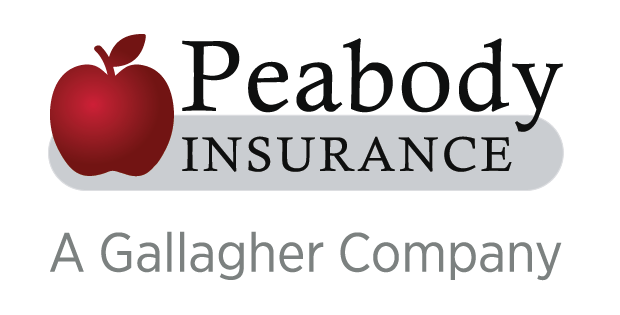Cyber Risks Loss Control Techniques
Protecting your business from cyber risks can be an overwhelming venture. A new day means more viruses are being discovered, more spam is being delivered to your inbox and yet another well-known company is the victim of a data breach. The world will never be free of cyber risks, but there are many loss control techniques you can implement to help protect your business from exposures.
Install a Firewall for Your Network: Operating systems often come with pre-installed firewalls, but they are generally designed to protect just one computer. Examine the firewall’s options and select the best configuration to keep the computer safe. If your business has a network of five or more computers, consider buying a network firewall. They can be pricey but network firewalls provide a fine level of coverage for an entire network
Encrypt Data: Data encryption translates data into another form, or code, so that only people with access to a secret key (formally called a decryption key) or password can read it. If a hacker manages to get through your firewall and into your network, your data could be a sitting duck. Encryption will make the data unreadable to a hacker. Consider using an encryption program to keep computer drives, files and even email messages safe from hackers.
Multi-Factor Authentication: Multi-factor Authentication (MFA) is an authentication method that requires the user to provide two or more verification factors to gain access to a resource such as an application, online account, or a VPN. MFA is a core component of a strong cyber policy. Rather than just asking for a username and password, MFA requires one or more additional verification factors, which decreases the likelihood of a successful cyber-attack.
Use a Virtual Private Network (VPN): A VPN allows employees to connect to your company’s network remotely. VPNs eliminate the need for a remote-access server, saving companies lots of money in remote server costs. In addition to these savings, VPNs also provide a high level of security by using advanced encryption and authentication protocols that protect sensitive data from unauthorized access.
Implement an Employee Password Policy: One of the most overlooked ways to keep your business safe is instituting a password policy. Essentially, a password policy should force employees to change work-related passwords every 90 days. The policy should encourage the creation of easy-to-remember, hard-to-guess passwords that include letters, numbers and special characters. For example, a hard-to-guess password could be “M1dwbo1025.” (My first daughter was born on Oct. 25.)
Back Up Data Regularly: Important data should be backed up daily and in multiple locations, one being off-site. In addition to being safe from cyber risks, off-site data would not be exposed from physical attacks, like a fire or tornado. Restrict access to backed-up data. The public should never have access to it. If the data is tangible, keep it in locked filing cabinets in a locked room, and only issue keys to those who absolutely need them.
